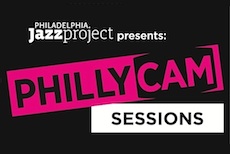Tell Me How Long Trane’s Been Gone
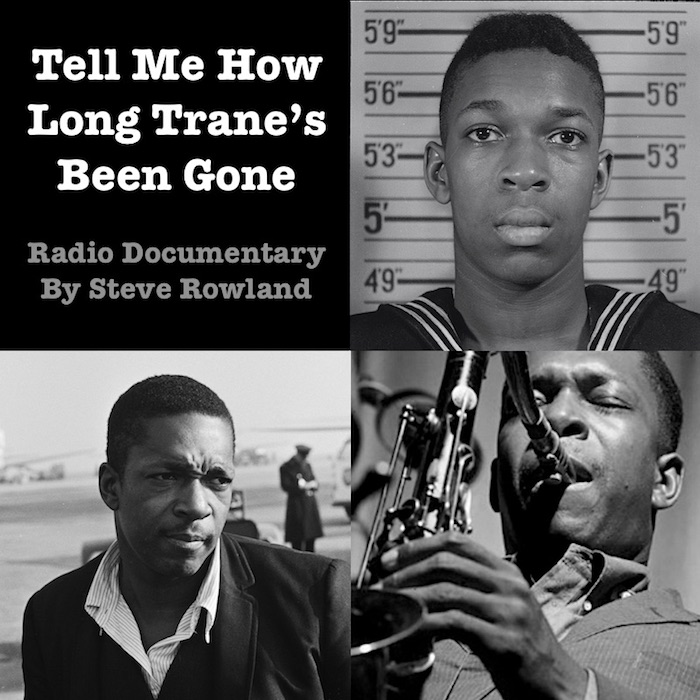
Tell Me How Long Trane’s Been Gone
Five Part Radio Documentary Series
September 20th - thru - September 24th | 8pm
WRTI - 90.1FM Philadelphia |
Tell Me How Long Trane's Been Gone is the 5 hour audio documentary produced and directed by Steve Rowland, and written by Larry Abrams. It is narrated by poet, Michael S. Harper. It is the most comprehensive discussion of Coltrane's remarkable career ever produced for broadcast on either television or radio. It includes exclusive interviews with Elvin Jones, McCoy Tyner, Rashied Ali, Alice Coltrane, Sonny Rollins, Max Roach, Art Davis, Carlos Santana, Steve Coleman, Lewis Porter, Babatunde Olatunji, Sekou Sundiata, Gary Bartz, Odean Pope, and others.
From Wednesday, September 20th through Sunday, September 24th, 2017 at 8pm, each evening, WRTI 90.1FM in Philadelphia will broadcast this intriguing series.
The series director/producer, Steve Rowland has worked in public broadcasting for nearly 25 years. He has worked as a jazz club manager, a late night jazz radio host, a radio station music director and oral historian. He has produced over 50 hours of radio documentary work since 1987. All of his projects are based on extensive oral histories. He also created documentaries on a number of American icons, Leonard Bernstein, Miles Davis, John Coltrane, Carlos Santana, Patti LaBelle, Frank Zappa and others. Steve Rowland's works are in the permanent collections of The Library of Congress and the Museum of Television and Radio and his projects have been funded by The Corporation for Public Broadcasting, The National Endowment for the Arts, the National Endowment for the Humanities and several national foundations.
PJP Spoke with Steve Rowland about Coltrane and his Coltrane radio documentary.
PJP: Tell us about your background. What inspired your radio and video production work exploring music and musicians?
Steve Rowland: I am not a musician. Although I have studied music and ethnomusicology. I am an oral historian, a music historian and a documentary maker. My interest in music has been lifelong. I began doing interviews with musicians while I was working at WRTI – as an on-air host and the station’s Music Director. Some of the first interviews I ever did were with Leon Thomas and then with Bob Marley. I also studied the history of film documentaries in general, and more specifically those about music. As I became deeply interested in the life and music of John Coltrane, I was intrigued by the lack of documentation that existed about his life. I wondered why there was more footage of Duke Ellington and Louis Armstrong – geniuses from the generation before Coltrane’s – than there was of giants like Coltrane, Monk, Miles, Mingus, Dolphy and so many others.
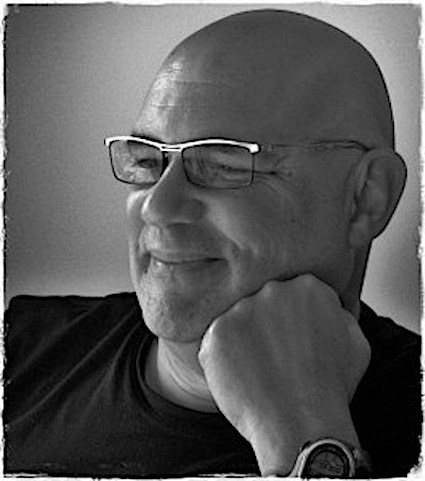 So, after I left Temple University, I embarked on what I hoped would be a career of making documentaries about music. That worked out – but perhaps with a few wrinkles. I ended up doing most of my work as radio documentaries. Why? Well, I liked the idea that radio docs could be much longer than films, and therefore there would be time for a deeper examination of the many issues that interested me. Also, they are less expensive. And perhaps the best thing is that I could control the final product with very little, or no, outside editorial control. I could tell the stories the way I wanted to tell them.
So, after I left Temple University, I embarked on what I hoped would be a career of making documentaries about music. That worked out – but perhaps with a few wrinkles. I ended up doing most of my work as radio documentaries. Why? Well, I liked the idea that radio docs could be much longer than films, and therefore there would be time for a deeper examination of the many issues that interested me. Also, they are less expensive. And perhaps the best thing is that I could control the final product with very little, or no, outside editorial control. I could tell the stories the way I wanted to tell them.
PJP: Why was your work on John Coltrane so important to you?
Steve Rowland: To me, Coltrane is one of the most important artists in human history. His work is so deep and he was such a gifted man – both as one of the greatest saxophone players ever – but also as a cerebral thinker. He was an intellectual giant. I don’t know if people really understand that about him. He was an intellectual giant. His knowledge of music theory and chords was immense. And he was able to always play with deep, deep feeling.
Coltrane was steeped in a culture of (predominantly) black men who were not only not scared of expressing emotion, the whole culture of music insisted that feelings be laid bare. Coltrane took this into a very high level by raising the bar in each area. He took the saxophone to new heights. He took music theory to new heights – but most importantly, he took the discussion of “what does it feel like to be a human being, a living breathing being, alive here, alive now, in total awe of the size and scope of the universe?”
This is THE conversation. And when it is framed that way – in the relationship of people to the Universe – in its size and its age – well, all of the differences between us mean NOTHING. Nothing. Can I say that again? Nothing. ...Coltrane knew that. Coltrane felt that. And that is what he shared with us.
PJP: Why Jazz? When you could be doing anything else, why work with Jazz and Jazz artists?
Steve Rowland: Well, one thing about me is that I do not advocate jazz above all other music. When I was at WRTI (from ) I started a world music program because I believed then, and still do, that music is an expression of humanity and that world music expresses what it is like to be in the world. All music has something to say about the human condition.
Is Jazz special then? Yes, it most certainly is. I think it has something to do with American history and sociology and the history of racism. Well, I guess everything in this country has something to do with American history and sociology and the history of racism. But Jazz is an incredible art form –that combines passion, deep intellect, being in the moment, collective improvisation, various ways of ‘talking’, of transmitting its own legacy to the next generation. It is truly American. And when we understand the story of Jazz we learn a lot more about America. About the nature of genius, about the nature of innovation, of creativity, of sharing. About racism. About money – and the lack thereof. About the music business and about music that exists not for money, but just because.
Tell Me How Long Trane’s Been Gone
Five Part Radio Documentary Series
September 20th - thru - September 24th | 8pm
WRTI - 90.1FM Philadelphia |
PARTNERS:
This celebration is presented by the Philadelphia Jazz Project, in collaboration with WRTI, PhillyCAM, Free Library of Philadelphia, Philadelphia Clef Club of Jazz & Performing Arts, South Jazz Cafe, Rittenhouse Soundworks, Jazz Near You, City of Philadelphia, Office of Arts, Culture and Creative Economy, Fairmount Park Conservancy, East Fairmount Park Coalition, Philadelphia Parks & Recreation.
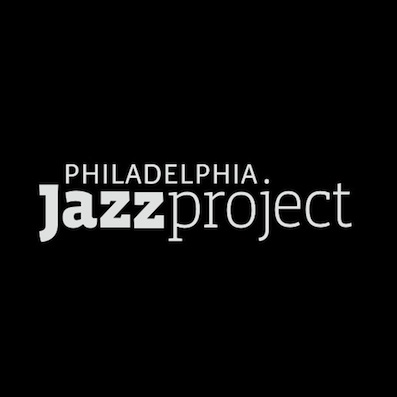
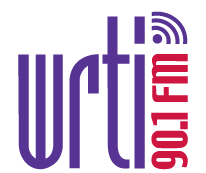
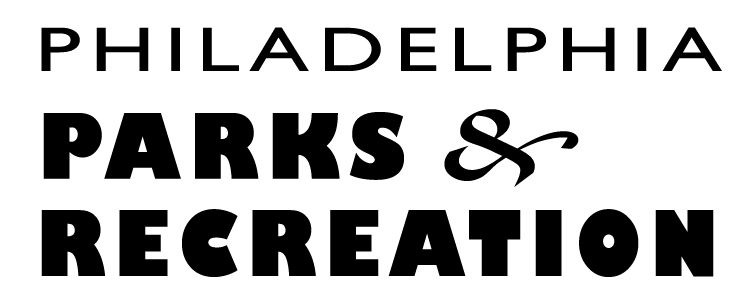


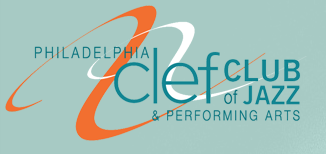
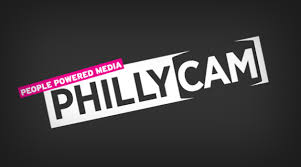
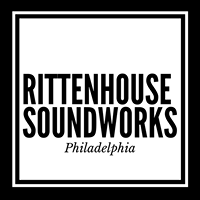
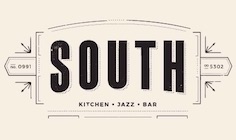
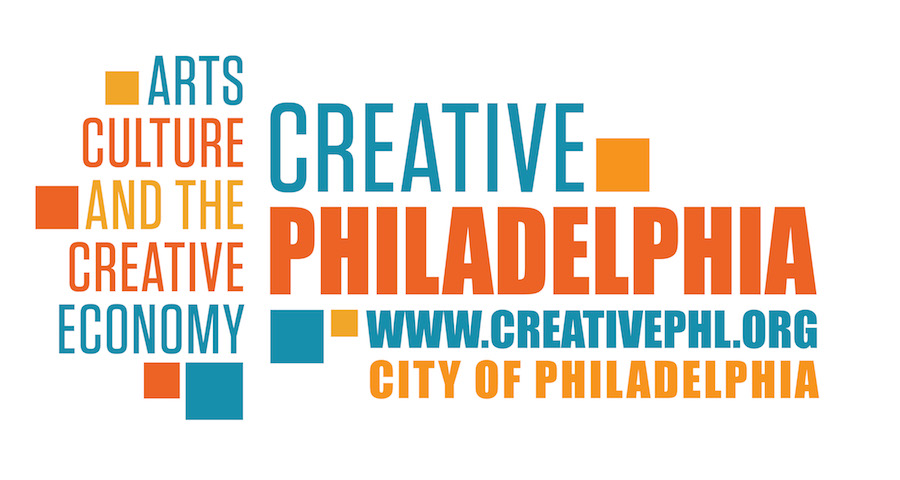
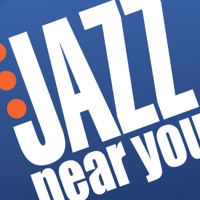
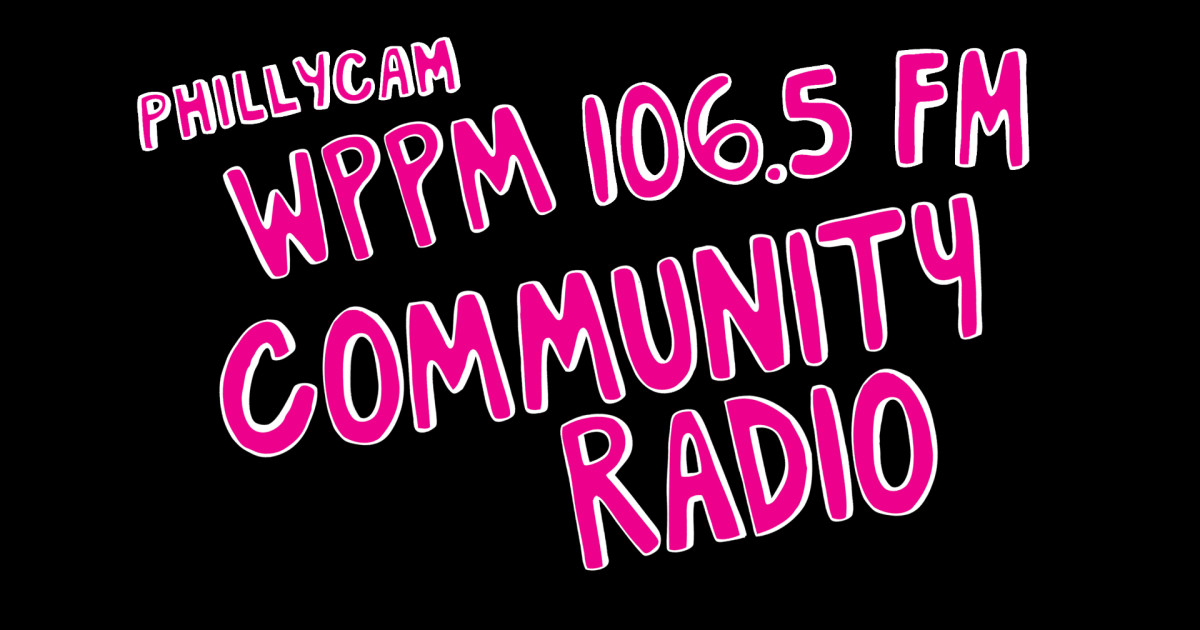
Follow PJP, like us, or just check us out at our pages on these social media platforms...
Celebrating Coltrane 2017 was made possible by support from the / Philadelphia Jazz Project is a sponsored project of , with funding provided by .









